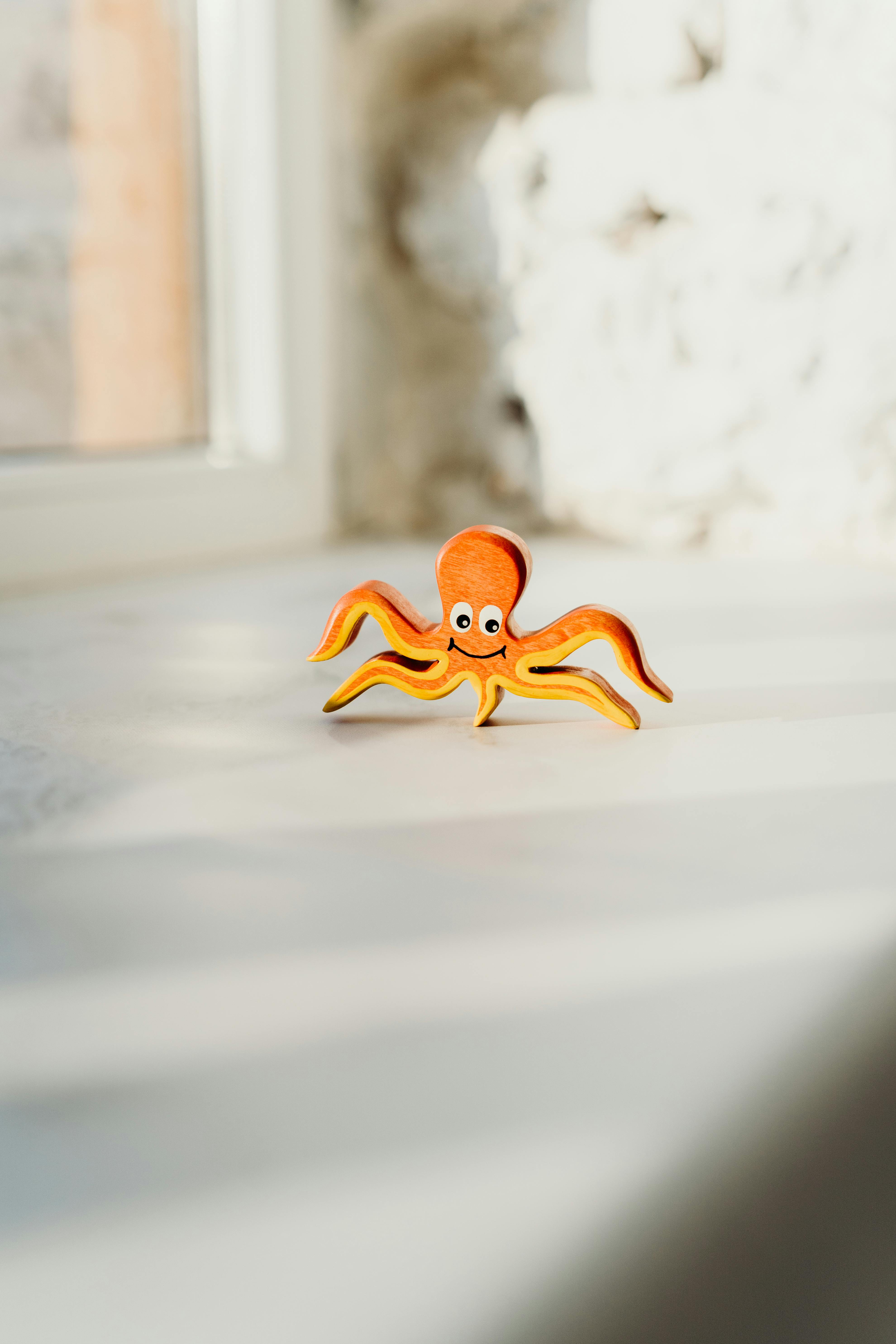The Hidden World of Octopuses as Pets
The octopus, a marine creature known for its intelligence and distinctive appearance, has recently been gaining attention as an unusual choice of pet. While it may seem strange to some, this trend is on the rise, fuelled by the octopus's fascinating behaviour and unique needs. This article delves into the world of octopus pet ownership - exploring the historical context, current trends, and the challenges and benefits involved.

The Historical Journey of Octopuses
While the idea of keeping an octopus as a pet may seem novel, it has historical precedents. Ancient civilizations, such as the Minoans, depicted octopuses in their art, suggesting a deep fascination with these creatures. In modern times, the trend began in the 1950s when marine biologists started keeping them in captivity for research purposes. Over time, this progressed into a hobby for some marine enthusiasts, sparking interest in octopus pet ownership.
Octopuses in the Spotlight
The appeal of octopuses as pets has been amplified by recent media attention. Movies, documentaries, and social media have showcased the captivating intelligence and behaviour of these creatures. This increased visibility has led to a rise in interest and demand, with pet stores and online platforms now offering various octopus species for sale.
The Economics of Octopus Ownership
Owning an octopus is not a decision to be taken lightly, both in terms of responsibility and costs. Octopuses require specialized equipment, including a securely lidded aquarium and a diet of fresh seafood, driving up the price of ownership. Initial setup costs can range from $300 to $500, with ongoing maintenance and food costs adding to that. Despite this, the market for octopuses as pets is growing, indicating people’s willingness to invest in unique and rewarding pet experiences.
The Research Behind the Trend
Numerous studies have backed the intelligence and emotional capacity of octopuses, further driving interest in them as pets. They have shown abilities to solve complex puzzles, escape from enclosures, and even recognize individual humans. However, their short lifespan - typically 1-2 years - and specific care needs are factors to consider when contemplating octopus ownership.
Balancing the Fascination and Responsibility
While the idea of keeping an octopus as a pet is captivating, it also raises important ethical and ecological considerations. Octopuses are wild animals with specific needs that can be challenging to meet in a home environment. Prospective owners need to be well-informed and prepared to provide the right care and commitment. Balancing the fascination with these creatures with responsible pet ownership is key to this growing trend’s sustainability.
In conclusion, octopuses as pets provide a unique and engaging pet experience. However, they come with their set of challenges and responsibilities. Through education and responsible pet ownership, the world of octopus pet ownership can continue to grow in a sustainable and ethical manner.




